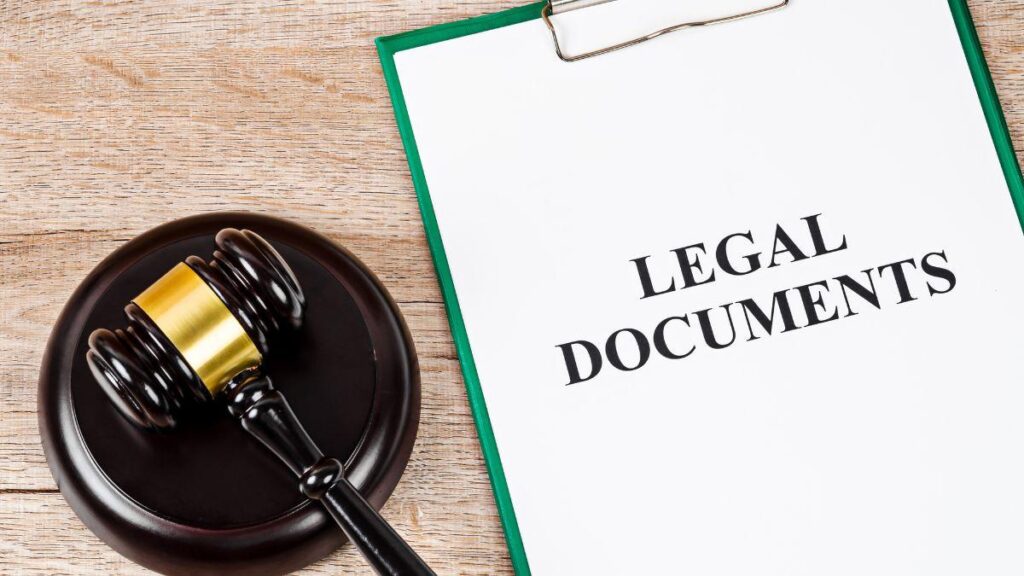In the fast-paced world of law, streamlined and efficient processes are vital for success. One particular approach that has gained immense traction is utilizing comprehensive legal support services under a single source process. This strategic methodology ensures all legal needs are handled proficiently and seamlessly, optimizing operations and minimizing hiccups.
Understanding comprehensive legal support services
Legal support services cover an extensive array of tasks essential to the functioning of legal practices. These range from document preparation, processing, and delivery to court filing, retrieval, and even server coordination. By leveraging such services, law firms and legal departments can focus on their core responsibilities while outsourcing time-consuming auxiliary tasks to specialized professionals.
A reliable service provider offers a holistic suite of solutions tailored to meet specific requirements. From preparing complex documents to handling intricate legalization procedures, these providers ensure every task is executed precisely and efficiently.
The advantages of consolidating legal services
Combining multiple legal processes into one streamlined approach offers numerous benefits. Firstly, it enhances efficiency by eliminating redundancies and reducing the time needed to complete tasks. Secondly, it promotes accuracy since experts handle each aspect rigorously. Lastly, it provides cost-effective solutions by bundling various services together, leading to financial savings.
One source process employs an integrated strategy where all legal requirements are managed through a singular workflow, ensuring consistency and coordination across different stages. This consolidation not only improves operational outcomes but also fosters better communication among stakeholders.

Key components of a one source process legal support system
Document preparation and management
One primary component is document preparation and management. Legal services necessitate impeccable documentation with precise details. As a crucial facet of any litigation or transaction, prepared documents must adhere to stringent standards and timelines. Providers specializing in this area ensure documents are drafted accurately, formatted correctly, and submitted within deadlines.
This includes creating affidavits, legal briefs, contracts, wills, and other official paperwork. A well-organized document management system prevents misplacement or loss and allows easy access whenever needed. Advanced technologies and software systems provide sophisticated solutions for organizing, storing, and retrieving documents effortlessly.
Process servers and their role
Process servers perform a vital function within the legal framework. They are tasked with serving legal documents to parties involved in court proceedings. Reliable process servers ensure that petitions, summons, complaints, subpoenas, and notices are delivered lawfully and timely.
Their responsibility does not end with delivery; they provide verified proof of service, which is often required in subsequent legal procedures. Timely and accurate service of process is indispensable to maintaining judicial timelines and upholding defendants’ rights.
Legalization and apostille services
Global transactions frequently require legalization or obtaining an apostille for documents to be recognized as legally valid abroad. An apostille certifies the authenticity of signatures, seals, and stamps on public documents intended for use in foreign jurisdictions following the Hague Convention.
Conversely, legalization involves a more extended process wherein documents undergo multiple steps for validation before being accepted internationally. Comprehensive support providers manage both apostille and legalization efficiently, ensuring compliance with international legal standards.
Court filing and retrieval services
Court filing refers to submitting documents to respective courts and clerks. Efficiently managing this step guarantees documentation meets procedural requirements and schedules. Support services include electronic filings (e-filing) and physical submissions, depending on court specifications.
Likewise, document retrieval encompasses acquiring filed records, transcripts, judgments, and case files critical to ongoing legal matters. Dependable legal support companies track and procure necessary documents swiftly, facilitating uninterrupted legal workflows.
The significance of technology in modern legal support
Integration of cutting-edge technology is transforming how legal support services operate. Automation tools reduce manual labor while boosting accuracy and speed. Digital platforms maintain robust databases where all case-related information is stored securely yet accessible to authorized personnel instantly.
Moreover, AI-powered applications assist in analyzing vast data volumes quickly, identifying patterns, suggesting potential legal arguments, or predicting case outcomes based on historical data. Implementing these advancements drives improved results and bolsters overall productivity.
Secure communication channels
Maintaining secure and confidential communication is paramount in the legal industry. Utilizing encrypted messaging platforms, secured email servers, and certified secure file-sharing systems ensures sensitive information remains protected against breaches.
Advanced cybersecurity measures must be implemented continuously to safeguard client data and uphold attorney-client privileges. Proactive threat detection, regular audits, and compliance with statutory norms underscore commitment towards securing communications effectively.
Maintaining compliance
Ensuring adherence to relevant legal standards and protocols is non-negotiable. Regulatory bodies have set forth specific rules governing various aspects of legal practice – non-compliance could lead to severe repercussions.
An efficient one source process system encompasses mechanisms designed explicitly for monitoring and validating observance of these regulations. Regular training sessions for personnel, periodic reviews of legal updates, and implementing best practices solidify adherence protocols.

